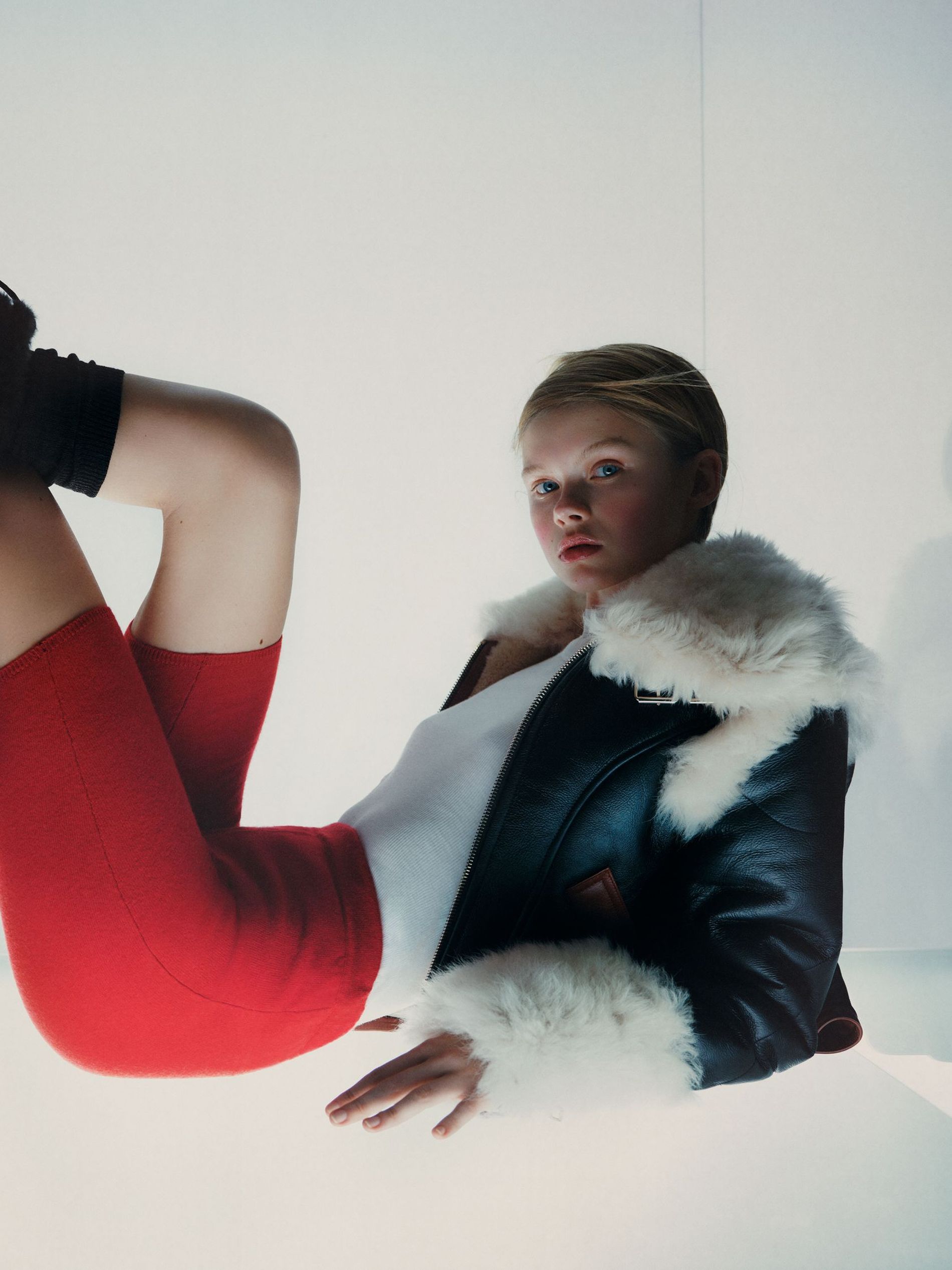Dive into the science of post-workout nutrition with insights from clinical nutrition coordinator Perri Halperin and sports dietitian Jenna Stangland. Learn the ideal combinations of foods to refuel, repair, and recover, enhancing your post-exercise recovery for optimal performance
Thinking about what to eat after a workout may not seem like that big of a deal, but what you put in your body is actually essential to your post-workout recovery. Whether you’ve done intense strength training or just your 10,00 steps, refuelling is important. It takes a balanced meal full of the right foods to make any exercise worth it — healthy eating is key.
Below, the experts break down exactly which types of foods you should eat after a workout (and which ones to steer clear of). Read on to see what they had to say below.
